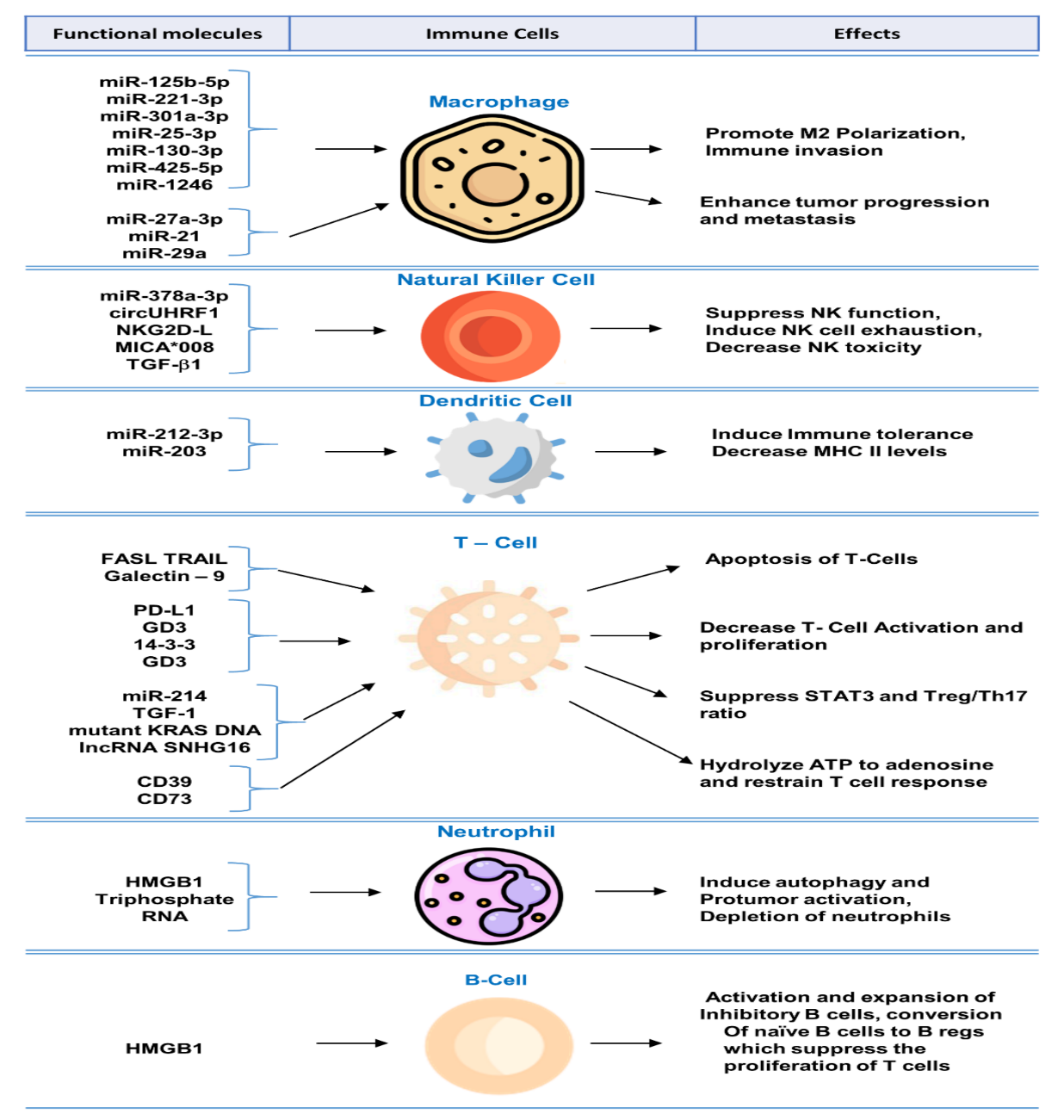General Health Tips & News
How Exomes Impact The Immune System
By M.M. (staff writer) , published on April 13, 2024

Medicine Telehealth Health exosomes
How Exosomes Impact the Immune System
Exosomes are vesicles generated extracellularly by all cells in the body. Exosomes have metabolites, lipids, proteins, and nucleic acids, vital indicators for intercellular correspondence.
They are also known to affect many aspects of the biology of the cells in the body. Exosomes impact the body's immune system differently than many would expect.
Below are some of how exosomes impact the immune system;
By Regulating the Pathogenic Response
Exosomes are mainly released from host cells. Regarding pathogenic response to the immune system, their activator primarily relies on the source of the exosomes and biomolecular components.
Exosomes also play a role in regulating immunity, the presentation of antigens, the activation of immunity, and tolerance of immunity. Exosomes also carry cytokines, which are vital in the pathogenic response.
By Regulating Bacterial Infections
During bacterial infections, exosomes play a massive role in intercellular communications. Exosomes are known to carry bacterial compounds, and upon being incorporated by cells, they can make a cell's response to induce survival or spread the infection.
Thus, Exosomes ensure that the immune response is not compromised by ensuring that intercellular communication triggers a defense mechanism to protect the body.
By Regulating Protozoan Infections
In protozoan infections, the exosomes also help communicate with cells to detect the infection. Since the exosomes are known to have protozoan compounds, they are incorporated into cells, thus triggering the cell's responsive behavior.
The response may either induce the survival or the death of the cell. When the cell does not survive, the protozoan infection has already made itself prominent in the cells.
Intercellular communication thus helps to trigger the body's immune response to defend itself against protozoan infections.
By Regulating Viral Infections
Research has shown that exosomes aid in the transfer of viral infections from the infected human body cells to healthy cells through components such as proteins and receptors. This process, in turn, leads to the cells not only getting infected but also getting inflamed.
The body's immunity response is thus compromised as exosomes are used to facilitate viral infections. To deal with this infection, intercellular communication aids the immune response to defend the body from viral infections.
In conclusion, exosomes play a massive role in ensuring the immune system defends itself from infections and promotes intercellular communications. Exosomes ensure that patients do not get dangerous illnesses that may hamper and hinder their everyday lives.
Sources
2 https://www.mdpi.com/2624-845X/3/1/5
3 https://academic.oup.com/plphys/article/179/4/1236/6116494
Find articles related to: Medicine Telehealth Health exosomes
More articles about General Health Tips & News
Back to the Health Tips Index




